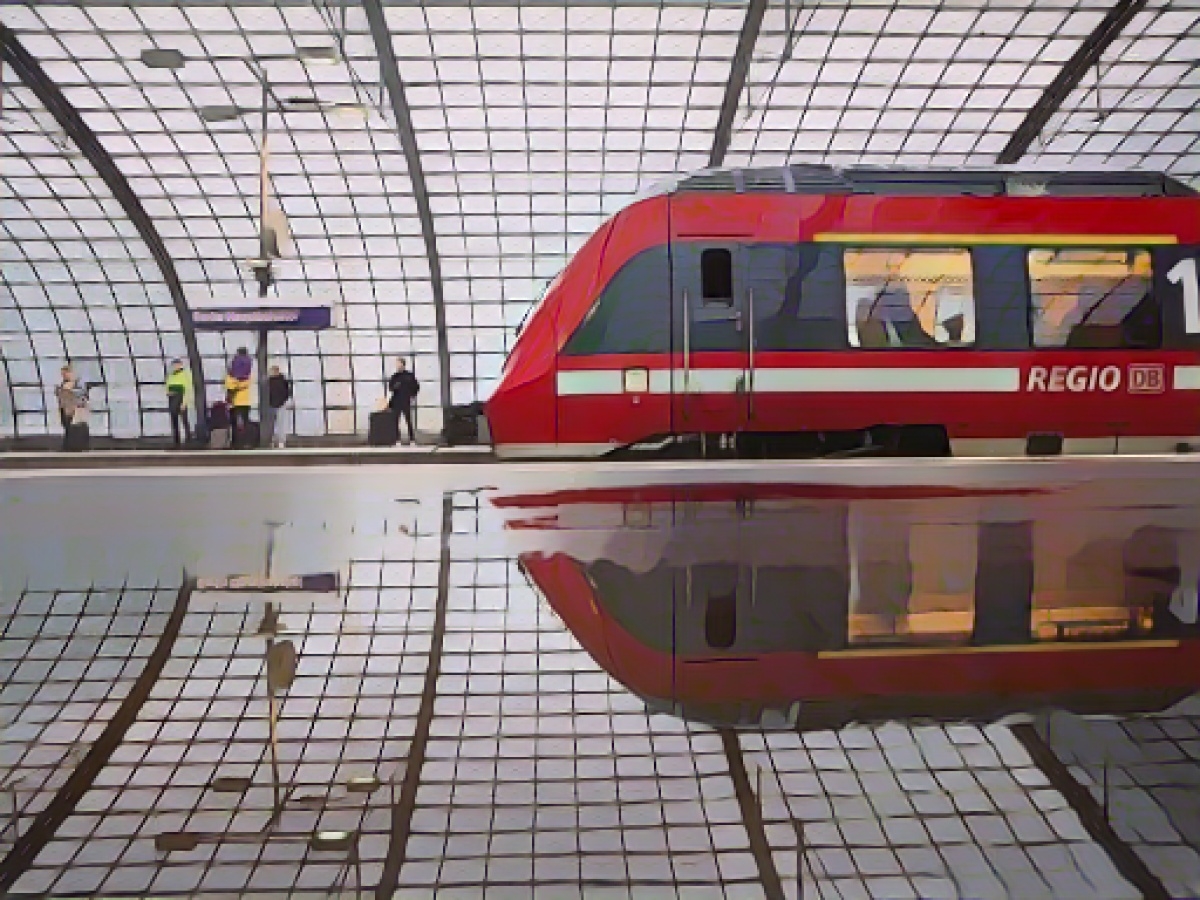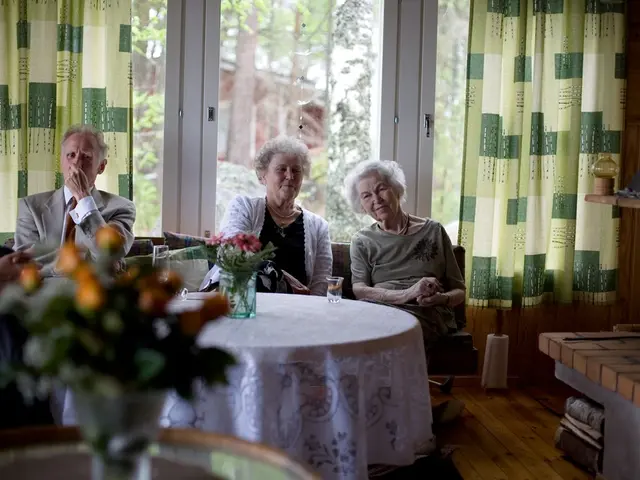The Deutschlandticket, a popular 49-euro season ticket for buses and trains throughout Germany, has once again stumbled upon a fiscal hurdle. Millions of passengers have embraced this nationwide service, bypassing complex fare zones and opting for cheaper monthly tickets than usual. Yet, the financial squabble between the federal and state governments persists, with each party vying for a share of the ticket's cost.
Next Monday, the state premiers will meet with Chancellor Olaf Scholz to discuss further commitments for 2024. The stakes are high as the states clamor for additional guarantees that the D-Ticket will be secured, even if costs escalate. Agreements at the end of 2022 outlined that the federal and state governments would each contribute 1.5 billion euros this year and the next to compensate for transport company revenue losses due to the cheaper ticket. However, the disagreement revolves around bearing the brunt of any additional costs beyond this.
The federal government, unsurprisingly, is playing catch-up. Spokesperson Steffen Hebestreit remains uncertain about permanent additional cost sharing due to federal budgetary limitations. Transport Minister Volker Wissing concurs, as preparations to gauge the actual need for further subsidies are still in the works. As such, discussions on further funding won't unfold until the end of 2024.
Forecasts from the Association of Transport Companies suggest potential losses of 2.3 billion euros by May 2024, and 4.1 billion euros for the full year. Considering the public subsidies allocated for 2023 and 2024, a funding gap of 400 million euros looms ominously.
Despite the dismal picture, optimism persists. Lower Saxony's Minister President Stephan Weil anticipates a harmonious resolution while cautioning against a protracted delay. Green Party Chairwoman Ricarda Lang calls for compromise to prevent damaging a successful project and eroding public trust.
In the event of higher costs, a price increase might be the unpalatable solution in 2024, stirring consumer backlash. Nevertheless, the consumer advice centers have already warned against escalating prices barely six months post-launch, deeming it "unacceptable."
Stephan Weil's optimistic outlook for levels of cooperation and shared responsibility in 2025 and beyond hinges on the resolution of this funding challenge that has bedeviled the Deutschlandticket. It's a dance of dialogue, compromise, and anticipation, as both the federal and state governments grapple with the fiscal implications of popular demand.








